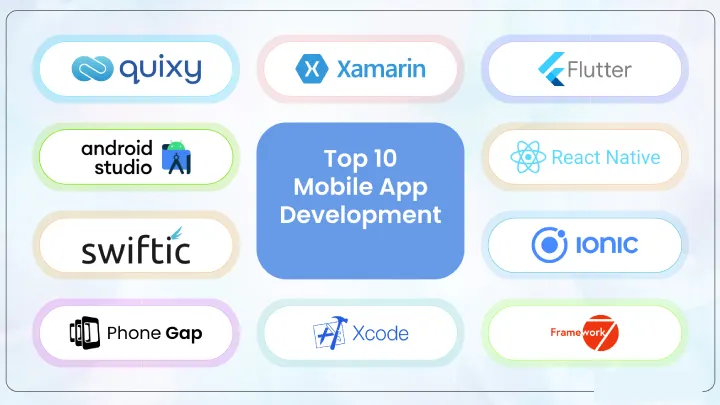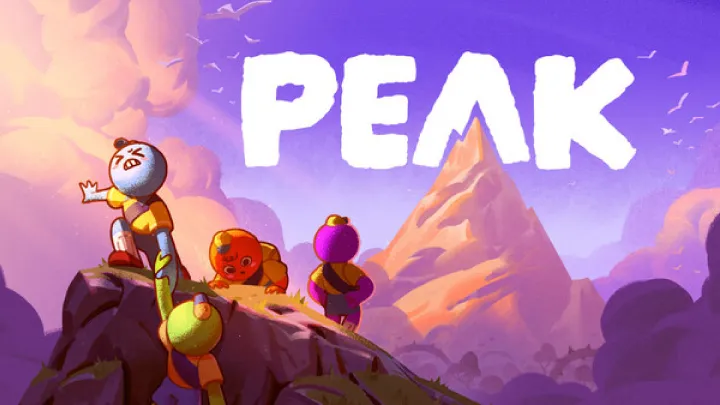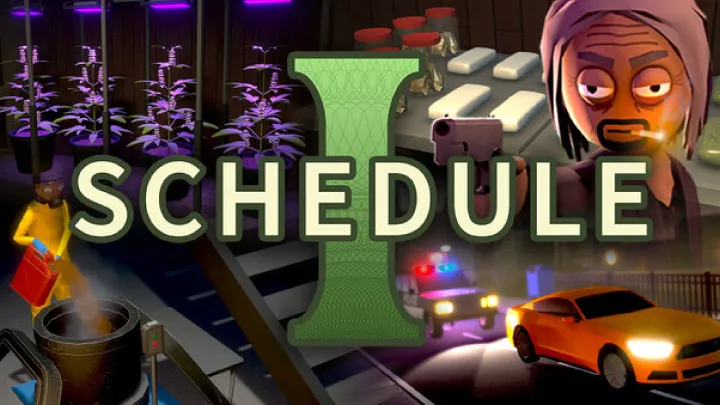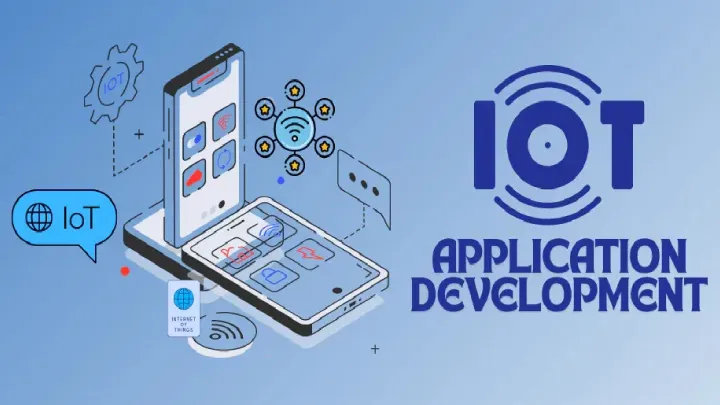Introduction
Real-time application development enables instant data synchronization and live updates, powering collaborative tools and live streams in 2025's connected world, where real-time tech drives 50% of interactive apps per Statista reports, seen in platforms like Slack and Twitch. Mobile apps make this learning interactive with live code runners, WebSocket simulators, and event stream previews, turning commutes into sync sessions without a server setup. This review curates the top 8 apps for real-time education, selected from 2025 app store ratings, real-time dev forums, and insights from sources like freeCodeCamp and GeeksforGeeks. Each app details features, strengths, and weaknesses (as tailored paragraphs), with an overall evaluation without scores. From novices emitting events to pros handling pub-sub, these iOS- and Android-optimized platforms provide over 2000 words of live guidance to real-time your development anywhere.
1. Codecademy
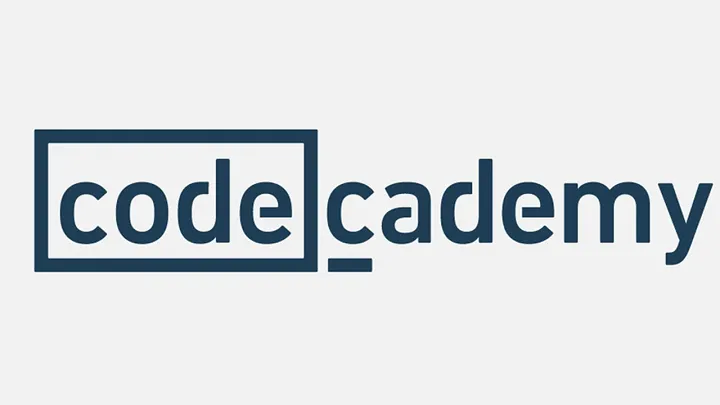
Overview: Codecademy Go integrates real-time modules in JavaScript and Python paths, teaching Socket.io and WebSockets through interactive exercises.
Strengths: Guided challenges compose live chat prototypes with instant sync feedback, syncing progress for hybrid sessions. Free basics cover event emitters, $19.99/month pro unlocks Firebase Realtime. Community shares reactive snippets, ties to full-stack for end-to-end practice. Bite-sized for breaks.
Weaknesses: Mobile editor throttles multi-client sims, coverage favors JS over Swift. Free caps projects, assumes async basics.
Overall Evaluation: Codecademy immerses real-time via sync previews, ideal JS devs, though throttles limit scale.
2. freeCodeCamp
Overview: freeCodeCamp's app embeds real-time in JS algorithms, practicing Socket.io via challenges and projects like live tickers.
Strengths: Free ad-free 300+ hours build with runners on emitters before listeners. Offline sections download, certifications portfolio-boost. Community reviews submissions on latency.
Weaknesses: Embedded in JS, skimps Python/Java. Basic challenges, no multi-room. Self-paced risks gaps.
Overall Evaluation: freeCodeCamp frees real-time JS basics, solid self-learners, breadth constrained.
3. SoloLearn
Overview: SoloLearn gamifies real-time in JS and Python courses, with quizzes on pub-sub and playgrounds for stream prototypes.
Strengths: Free 20M+ community shares event code, XP streaks daily handlers. Offline quizzes feedback on reconnections. Bite-sized blends fun with broadcasters.
Weaknesses: Introductory skips advanced like NATS, playground no visualizers. Ads disrupt.
Overall Evaluation: SoloLearn energizes entry real-time socially, fun newbies, depth wanting.
4. Mimo
Overview: Mimo's 5-min lessons cover JS Socket.io and Python asyncio, with projects prototyping live UIs.
Strengths: Streaks motivate, previews live changes for subscribers. Free basics include websocket intros, $9.99/month unlimited paths. Culminates in deployable chats.
Weaknesses: Short skips architectures, JS-heavy. Repetitive after basics.
Overall Evaluation: Mimo quickens real-time skill-ups busy, suits refreshers over depth.
5. Enki
Overview: Enki's workouts adapt to JS observables and Python queues, flashcards challenging retention.
Strengths: AI paths target gaps like fan-out, 10-min streaks. Free cores, $7.99/month labs. Offline, analytics score flows.
Weaknesses: No project builders, quiz-like less hands-on. JS/Python tilt. Premium gates advanced.
Overall Evaluation: Enki habits real-time daily intermediates, snippet limits holistic.
6. Programming Hub

Overview: Programming Hub modules JS and Java for emitters/queues, compilers videos for stream builds.
Strengths: Compiler runs handler tests offline, $6.99/month certs. Examples real apps, progress gamifies. Broad includes .NET.
Weaknesses: Scattered tracks, UI dated. Oversimplifies reconnections.
Overall Evaluation: Programming Hub certifies multi-lang real-time affordably, versatile, fragmentation dilutes.
7. Coursera
Overview: Coursera's app delivers specializations like "Real-Time Web" from universities, with quizzes and peer-graded streams.
Strengths: Free audits core, $49/month Plus certs via projects deploying events. Offline lectures, forums debug latency. Sequences pub-sub to websockets.
Weaknesses: Video-heavy hampers mobile coding, labs desktop-better. Free skips grading.
Overall Evaluation: Coursera academics real-time with peers, great credentials, interactivity lags.
8. Udacity
Overview: Udacity's nanodegree app focuses on "Full-Stack Web," teaching Socket.io with mentorship on scaling.
Strengths: Mentor reviews stream prototypes, $399/month career services. Offline projects, sims like multi-room. Nano paths integrate Pusher.
Weaknesses: Steep price casuals, app supplements web. Assumes reactive basics.
Overall Evaluation: Udacity mentors real-time pros jobs, committed value, cost prereqs limit.
Conclusion
Learning real-time application development on mobile syncs 2025's connected revolution, from chats at WhatsApp to streams at YouTube, and these eight apps publish your events portably. Beginners freeCodeCamp emitters or SoloLearn quizzes, intermediates Codecademy chains or Coursera theory. Standouts Enki gaps, Programming Hub certs—but nets or focuses stacks. As edge real-time rises, adapt. Emit daily, handle events, blend apps to real-time empires that sync seamlessly.










